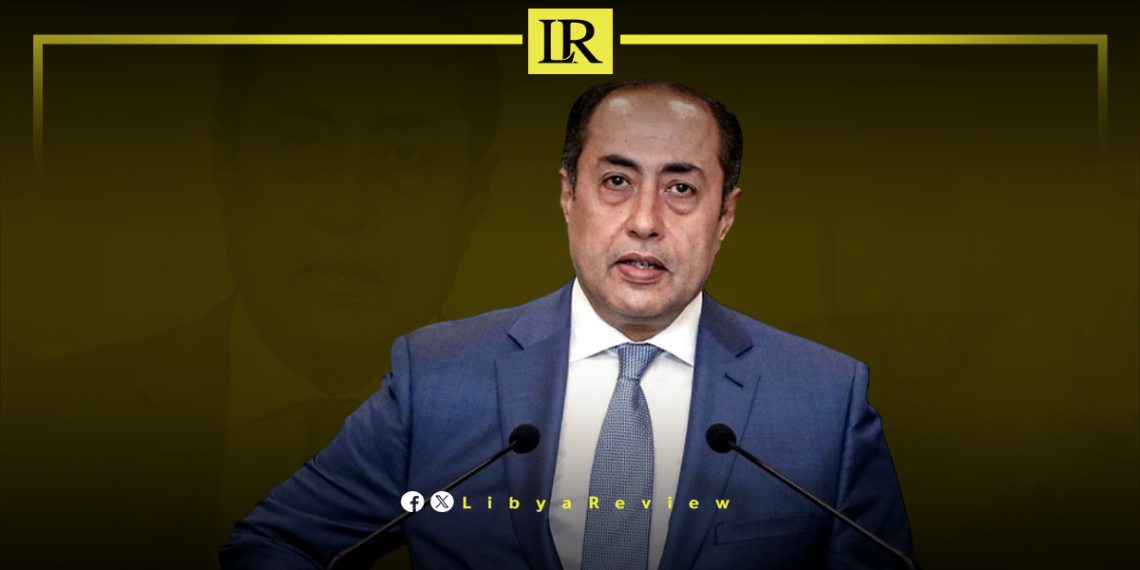Hossam Zaki, Assistant Secretary-General of the Arab League, described the situation in Libya as “fragile” and characterized by “unfavorable developments.”
During a meeting at the Journalists’ Syndicate in Cairo, Zaki emphasized the need for expanded involvement of Libyan political figures in upcoming dialogues to aid Libya towards consensus and establishing a framework for elections hoped to be held soon.
“We are concerned about the Libyan situation. The Arab League has made several attempts, the latest being a meeting last March with Libyan leaders that culminated in a statement,” Zaki added.
He noted that Libya is experiencing conflicts among various segments of its population, with some issues still unresolved.
Zaki affirmed, “Libya is an important country in the Arab region, and we hope that Libyan leaders will halt these unfavorable developments.”
Libya has been in chaos since a NATO-backed uprising toppled longtime leader Muammar Gaddafi in 2011. The county has for years been split between rival administrations.
Libya’s economy, heavily reliant on oil, has suffered due to the ongoing conflict. The instability has led to fluctuations in oil production and prices, impacting the global oil market and Libya’s economy.
The conflict has led to a significant humanitarian crisis in Libya, with thousands of people killed, and many more displaced. Migrants and refugees using Libya as a transit point to Europe have also faced dire conditions.
The planned elections for December 2021 were delayed due to disagreements over election laws and the eligibility of certain candidates. This delay has raised concerns about the feasibility of a peaceful political transition.
Despite the ceasefire, security remains a significant concern with sporadic fighting and the presence of mercenaries and foreign fighters. The unification of the military and the removal of foreign forces are crucial challenges.


